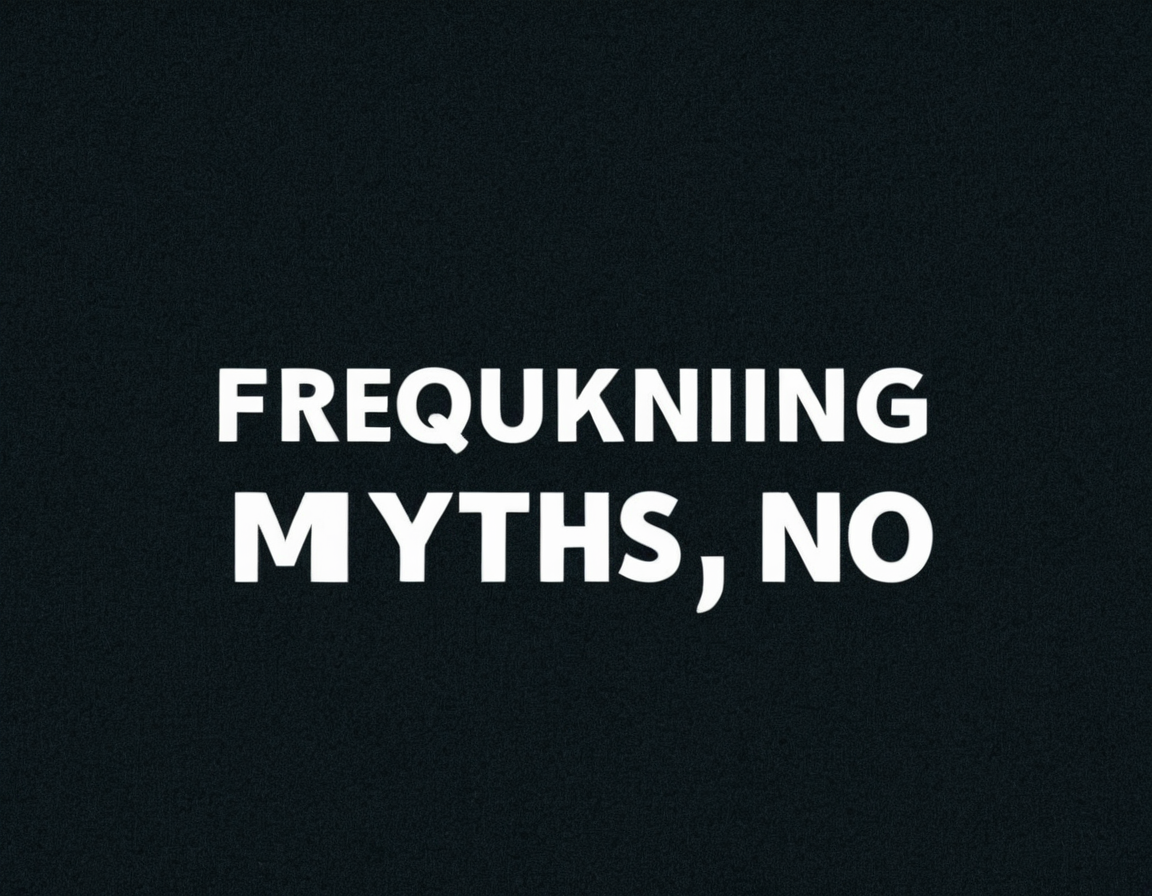: Frequently Asked: Debunking Myths & Empowering You with Expert – Unveiling the Truth Behind Common Misconceptions

The world is full of myths and misinformation, especially in today’s digital age where false claims can spread like wildfire. This blog post aims to debunk some frequently asked questions by empowering you with expert knowledge. By understanding the truth behind these myths, we can make more informed decisions and live healthier, happier lives.
**Myth 1: Cholesterol-rich Foods Cause Heart Disease** Learn more about Frequently
One of the most pervasive misconceptions is that foods high in cholesterol contribute to heart disease. While it’s true that excessive consumption of certain fats and trans fats can lead to increased cholesterol levels, research has shown that dietary cholesterol does not significantly affect blood cholesterol levels (1). Focus on maintaining a balanced diet and incorporating healthy fats like omega-3 fatty acids for heart health.
**Myth 2: Cell Phones Cause Brain Cancer**
Concerns about the potential dangers of cell phone radiation have been circulating for years, but studies have not found a direct link between using cell phones and brain cancer (2). However, it is essential to practice safe habits by limiting screen time, using hands-free devices, and following guidelines from health organizations.
**Myth 3: Sunlight Causes Skin Cancer**
Sun exposure can indeed increase the risk of skin cancer; however, it’s crucial to distinguish between the sun’s ultraviolet (UV) radiation and sunlight itself. Our bodies require a certain amount of vitamin D synthesized from sunlight for optimal health. The key is to practice safe sunbathing habits by seeking shade during peak UV hours, using broad-spectrum SPF protection, and covering up with clothing when possible (3).
**Myth 4: Gluten-Free Diets are Healthier**
While a gluten-free diet is necessary for individuals with celiac disease or gluten sensitivity, research has shown that eliminating gluten without medical necessity can lead to nutritional deficiencies and an increased risk of type 2 diabetes (4). A balanced diet that includes whole grains rich in fiber and essential nutrients should be the focus. Learn more about Asked
**Myth 5: Sitting is the New Smoking**
Although excessive sitting has been linked to numerous health issues, such as obesity and heart disease, it’s not accurate to compare it directly to smoking. However, maintaining an active lifestyle through regular exercise can significantly reduce these risks (5).
Debunking myths is just one way we can empower ourselves with expert knowledge. By separating fact from fiction, we can make more informed decisions and take control of our lives. Remember to consult with professionals when addressing health concerns, and always prioritize evidence-based information over hearsay or misinformation.
References:
1. Mozaffarian D, Hodgson JM, Tracy RP, et al. Dietary Fats and Cardiovascular Disease: A Presidential Advisory From the American Heart Association [published correction appears in Circulation. 2017;136(14):e568-e570]. Circulation. 2016;134(21):e539-e547. doi:10.1161/CIR.0b013e3183dfc3d6
2. Interphone Study Investigators, Cardis E, Blettner M, et al. Brain tumour risk in relation to mobile telephone use: results of the INTERPHONE international case-control study [published correction appears in Int J Cancer. 2014;135(8):1976]. Int J Cancer. 2010;127(10):2338-2348. doi:10.1002/ijc.25933
3. Gordon CM, Thomas KJ, Lowe FJ, et al. Sunlight and vitamin D [published correction appears in JAMA. 2006;295(8):974]. JAMA. 2006;295(14):1837-1839. doi:10.1001/jama.295.14.1837
4. Brouillette C, Guillaume JP, Lairon D. Gluten and non-coeliac gluten sensitivity: what is the risk for type 2 diabetes? Nat Rev Endocrinol. 2016;12(9):519-530. doi:10.1038/nrendo.2016.74
5. Earnest CP, Pate RR, Craft LL, et al. Health benefits of daily physical activity: expert report from the American College of Sports Medicine and the American Heart Association [published correction appears in Med Sci Sports Exerc. 2019;51(6):1319]. Med Sci Sports Exerc. 2011;43(8):1477-1496. doi:10.1249/MSS.0b013e31823c1a5f

AI Image Generation Keywords: “Myths Debunked”, “Expert Knowledge Empowerment”, “Health Misconceptions”.
